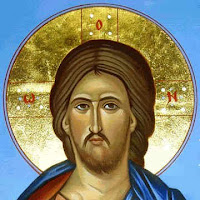Back to the Roots: The Founders and the Separation of Church and State
by John Rossomando
6/19/10
The cry, "That violates the separation of church and state!" has been the centerpiece of the secularist drive to marginalize Christianity in the public sphere since the 1940s. The real -- and often neglected -- question is what precisely that separation means and how it should be interpreted and applied.
The secularists' interpretation of the establishment clause -- the line of the First Amendment that reads, "Congress shall make no law respecting an establishment of religion, or prohibiting the free exercise thereof" -- ultimately rests upon anti-Christian prejudice and involves cherry picking from certain founders' writings. In recent years, we have seen groups such as the ACLU, the Freedom from Religion Foundation, Americans United for the Separation of Church and State; Web sites such as Infidels.org; and leftist publications such as the Nation come out of the woodwork with attempts to refute the notion that America was ever a Christian nation. Instead, they recast the founders as anti-clericalists in the mold of the French revolutionaries.
Nothing could be further from the truth. the rest
Our founders never mandated a complete exclusion of Christianity from the public square because they wanted to foster a marketplace of ideas wherein Christianity would remain vibrant. In contrast, secularists try to undermine that same marketplace and reduce traditional Christians to the status of second-class citizens. But they should tread lightly here. The 1965 Supreme Court decision United States v. Seeger shows that belief in a deity is not essential for a system of beliefs to be considered a religion within our legal system. From that standpoint, the degree of devotion homosexual-rights advocates or feminists give their own ideologies could actually be considered a form of religion.
The irony is rich.


0 Comments:
Post a Comment
<< Home